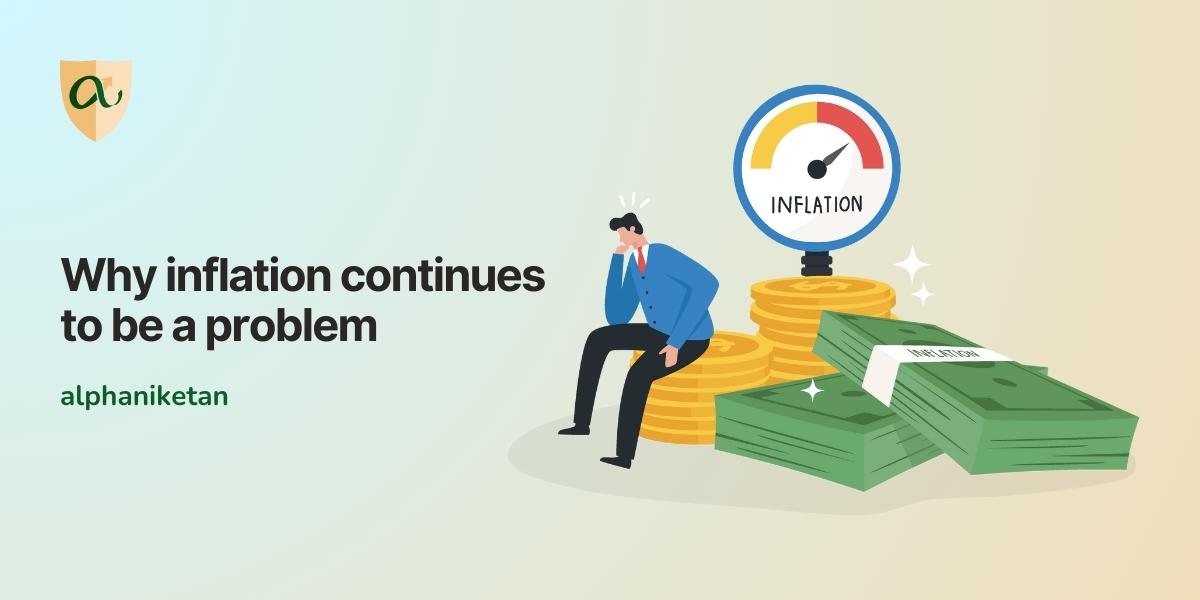Investing is all about connecting the dots. Your investments are driven by the trajectories of future interest rates and the inflation in the economy. The problem with the inflation outlook is that it depends on geo-political and supply chain variables, besides money supply and other macroeconomic factors. That makes it hard to predict.
You may have to look at the literature published in central banking deliberations to understand that. The annual conference of central bankers at Jacksonhole in the United States reveals the dilemma faced by the US central bankers. In a statement put out, Jerome Powell, the chairman of the US Federal Reserve, said that the supply and demand dislocations unique to the current interest rate cycle complicate effects on inflation and labour market dynamics. In America, job openings declined without increasing unemployment, an unusual development. Such a situation is unlikely to last long. The unemployment data in the US is considered a market-moving one as the US economy is primarily driven by consumption. When joblessness rises, it is considered a sign of a slowdown; when it goes down, it is considered a boom. Despite rising interest rates, there are no significant signs of a slowdown in the US economy. It is unclear how America can continue to grow despite rising interest rates. Powell further acknowledged that striking a balance between the risk of a tightening monetary policy and the risk of tightening too little is complex.
Such a statement puts US equities on the edge. Financial markets do not like uncertainty of any kind.
The situation in India is a bit different but fraught with similar uncertainties. RBI governor Shaktikanta Das described it in a speech last week. While GDP growth in India may clock the best quarter in many months, inflation remains a clear and present danger. “The July print, released after the MPC meeting, was on the higher side compared to our estimates,” the governor admitted in the speech. He argued in favour of timely supply-side interventions in limiting the severity and duration of inflation shocks. The government in India has already intervened by restricting exports of non-Basmati rice, and there are conversations about imposing restrictions on sugar exports. The government also imported vegetables like tomatoes from neighbouring Nepal to ease the pressure on tomato prices. The RBI governor reiterated that the monetary policy committee in India is targeting inflation at 4%.
The following 6-12 months would see the Indian government doing everything within its means to curb inflation. As India heads into a general election, inflation will remain politically sensitive. Voters do not like high prices. That is good news for the equity markets in India. However, with share prices rallying to record highs in many stocks, the upside in the short term is limited. If inflation remains reasonable and consumption drives economic growth, Indian equities could rally, driven by higher corporate profit growth expectations.
References:
https://www.federalreserve.gov/newsevents/speech/powell20230825a.htm
https://www.rbi.org.in/Scripts/BS_SpeechesView.aspx?Id=1379
Thank you for reading this post, don't forget to subscribe!




